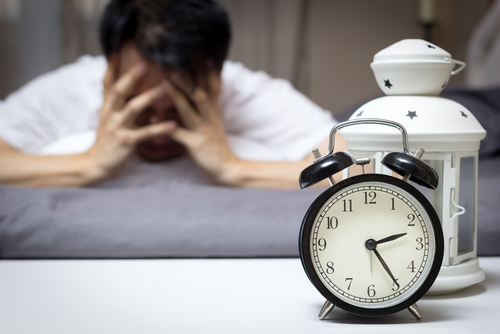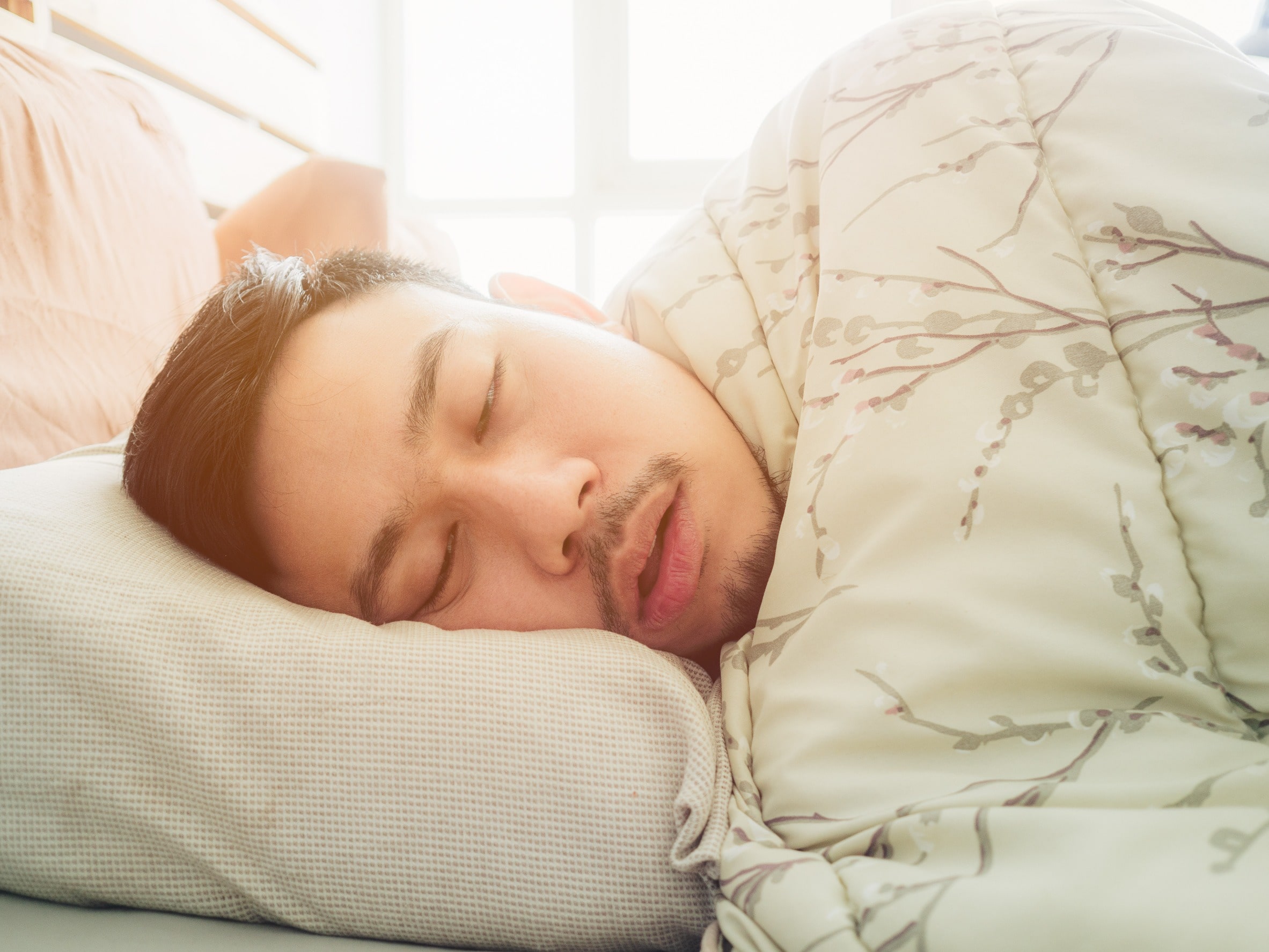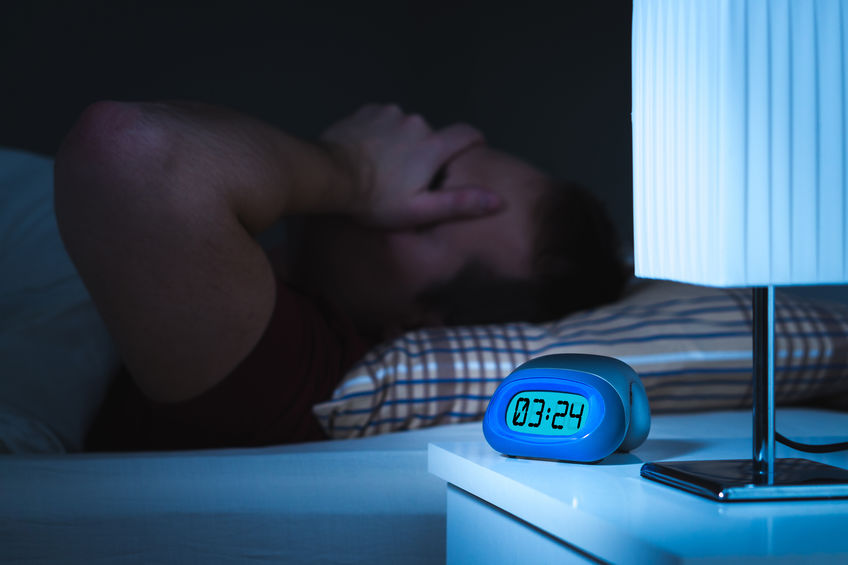Last updated: March 3rd, 2025
From time to time, most people find themselves muttering (or screaming) at 4:00 a.m., “why can’t I sleep?!” For some, difficulty falling asleep or staying asleep can even become the norm. This is called insomnia — upsetting, disruptive, and a way of life for some. Insomnia can include trouble falling asleep, trouble staying asleep, or not getting restful sleep at least three nights per week. (Trouble falling asleep is defined here as taking more than 30 minutes to fall asleep. Trouble staying asleep is defined as being awake for more than 30 minutes during the night.)
Why Does Insomnia Happen?
A variety of factors contribute to the development and maintenance of insomnia. Some predisposing factors include:
- being easily startled in general,
- being a light sleeper,
- having an inconsistent bedtime, or
- having a strong family history of insomnia.
Other factors contribute more directly to the onset of insomnia. They are called precipitating factors. They include:
- biological changes brought on by a medical condition or treatment,
- a change in sleep schedule due to a new job, or
- the stress associated with psychological or emotional difficulties.
After sleep difficulties begin, perpetuating factors keep the problems in place and contribute to the development of insomnia. Ironically, these factors typically stem from efforts to cope with sleep difficulties, such as taking naps during the day or spending more time in bed to compensate for lost sleep. Although these strategies may seem like logical ways to deal with the problem, daytime napping can reduce the need for sleep at night. Spending more time in bed can lead to other issues that interfere with sleep.
What Kind of Insomnia Help Is Available?
What can be done to treat insomnia? Thankfully, there are several effective treatments for insomnia and other sleep difficulties. While many people are familiar with medication treatments, behavioral insomnia treatment has been proven to be more effective than medications in the long term for insomnia. Chief among these is cognitive-behavioral therapy for insomnia (CBT-I). Interventions like CBT-I are effective because many sleep problems are partly related to our habits.
How to Sleep Better: Fifteen Helpful Tips
Below are some suggestions for how to sleep better based on the methods used in CBT-I. These tips can be helpful for anyone who experiences difficulty falling asleep, staying asleep, or getting restful sleep.
In general:
- Avoid doing anything in bed other than sleeping and having sex.
- Avoid “screen time” in the hours leading up to your bedtime. This includes using smartphones, watching television, and reading on tablets and other e-readers. Although some of these devices may have settings that dim the display or alter its color to reduce interference with sleep, it may be best to avoid these altogether.
- Limit caffeine intake, and avoid consuming any caffeine after midday.
- Avoid consuming alcohol, particularly in the evening, as this can lead to waking up during the night.
- Exercise regularly, but not within 3 hours of your intended bedtime.
- Eat meals at regular intervals, and do not go to bed hungry.
- Avoid consuming excessive amounts of liquid in the evening to limit the need for bathroom visits during the night.
- Make time during the day to work on problem-solving or planning activities, so you are not thinking about these at bedtime.
- Make sure your bedroom is maintained at a comfortable temperature for sleeping. Take measures to minimize light and noise pollution.
Regarding bedtime and sleeping:
- Only lie down in bed when you are feeling sleepy and intend to go to sleep.
- Turn the clock away from you or place it under your bed to avoid clock watching.
- Do not try to fall asleep.
- If you are fully awake in bed for more than 15 minutes (either trying to fall asleep or awake during the night), get out of bed and do some other pleasant and calm activity (e.g., reading, word puzzle) until you feel sleepy again, then return to bed.
- Wake up at the same time every day, 7 days a week, even if you did not have a good night’s sleep.
- Avoid taking naps during the day that are longer than 25 minutes. Naps longer than this will interfere with nighttime slow-wave sleep.
Following these tips in a consistent fashion should help improve your sleep, but if you continue to have trouble sleeping, consider consulting with a CBT-I therapist or sleep specialist to find out what treatments may be helpful for you.
Subscribe to the Manhattan Center for Cognitive-Behavioral Therapy blog!









